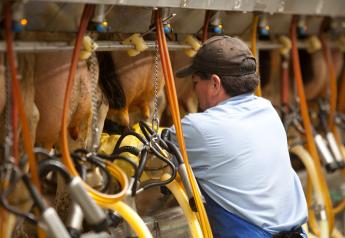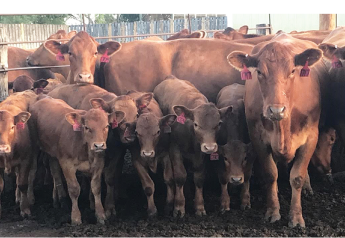FDA Looks to Consolidate its Food Policy and Regulation Divisions

FDA wants to consolidate its food policy and regulation divisions in the wake of last year’s national baby-formula shortage. The agency was criticized for its slow response and other food safety concerns, as supply chain issues and a formula recall panicked parents and caregivers.
Abbott Laboratories, which makes Similac and other brands, halted production at its Sturgis, Mich., factory because of product safety concerns.
Read more: FDA Approves Lab-Grown Chicken for the First Time
“Today, I am announcing a new, transformative vision for the FDA Human Foods Program,” said Commissioner Robert Califf. “Creating a Human Foods Program under a single leader who reports directly to the Commissioner unifies and elevates the program while removing redundancies, enabling the agency to oversee human food in a more effective and efficient way.”
The revamped foods program would absorb the functions of Center for Food Safety and Applied Nutrition and the Office of Food Policy and Response, as well as some of the work of the Office of Regulatory Affairs.
How it Works
The Center for Veterinary Medicine (CVM) would continue as a separate office; “the relevant food safety activities will be closely coordinated” between the CVM director and the deputy commissioner for human foods, said Califf.
Read more: Conagra Recalls 2.5 Million Pounds of Canned Meat and Poultry Product
Under Califf’s proposal, the deputy commissioner for food “will have decision-making authority over policy, strategy and regulatory program activities within the Human Foods Program, as well as resource allocation and risk prioritization.”
An advisory committee of outside experts would look at “challenging and emerging issues in food safety, nutrition and innovative food technologies.”
Principal deputy commissioner Janet Woodcock said an “implementation and change” group of FDA managers already was laying the groundwork to make the reorganization a reality. “We look forward to sharing further details next month and in the future on our progress,” she said.
The deputy commissioner will be named by spring, Califf told the Associated Press.







